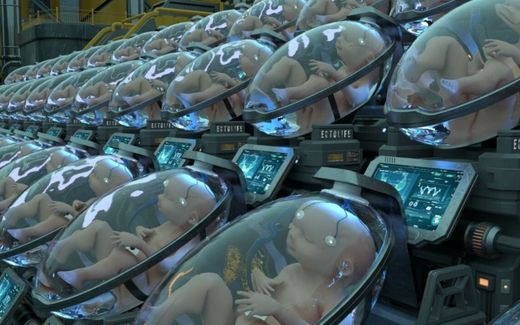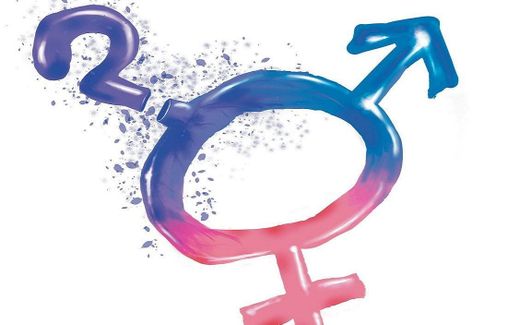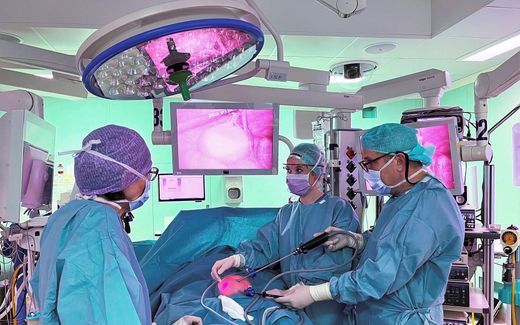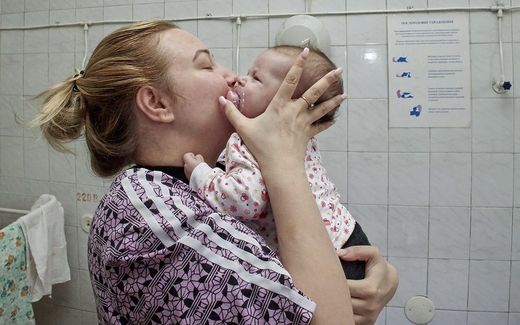How ethical is a uterus transplant?
28-08-2023
Western Europe
Maarten Costerus, RD
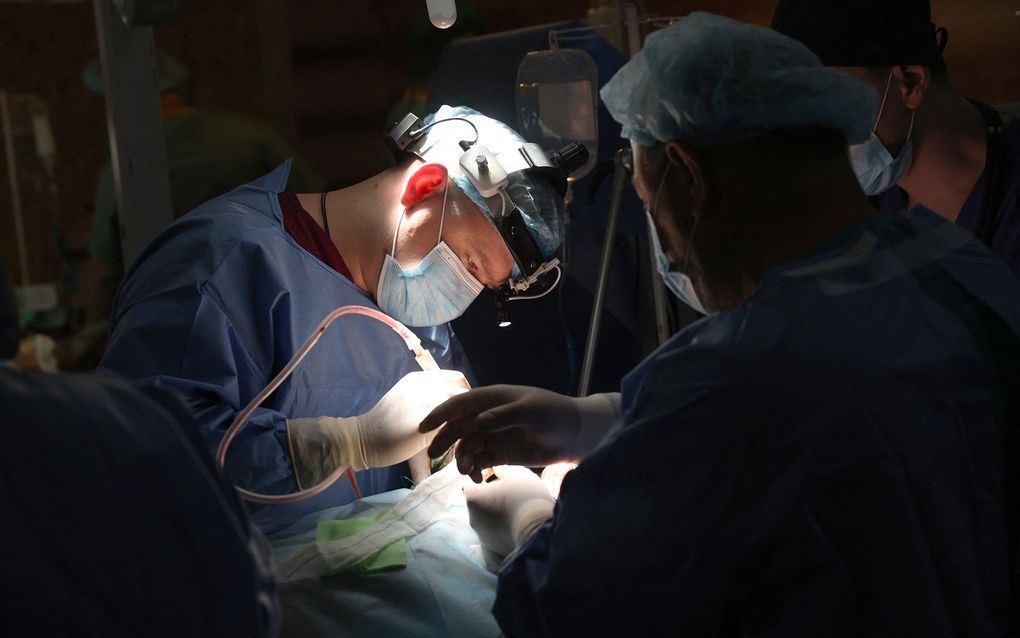
Doctors performing a surgery. Photo AFP, Anatolii Stepanov
Western Europe
British doctors have performed a uterus transplant for the first time in UK history. They did so on a 34-year-old woman. She is "euphoric", but Christian ethicists are critical.
Due to a rare genetic disorder, the woman, who wishes to remain anonymous, was missing a uterus and a vagina. Wanting to have children, she went looking for someone willing to donate a uterus. Her 40-year-old sister, who already had two children and felt her family was complete, proved willing to do so.
A team of some 20 UK doctors performed the operation in February. The whole procedure, including removing the uterus from the donor and placing it in the recipient, took almost 18 hours. During the operation, the recipient lost 2 litres of blood.
Functional
Five days after surgery, the donor was allowed to return home for recovery. The recipient was discharged from the hospital after ten days. This was not possible earlier because she lost a lot of fluid. After her discharge, she was closely monitored. In the first month, she had to come to the hospital twice a week for check-ups. Afterwards, it became once a week.
" Following three regular menstrual periods, with ultrasonographic evidence of cyclical endometrial proliferation, the uterus is functional," the researchers reported Tuesday in BJOG, a medical journal for gynaecologists. "And there has been no evidence of rejection so far."
Rabbits
The uterus transplant is a first in the UK. More than 25 years of research preceded it, doctors write in BJOG. In the process, they tested the procedure extensively on animals, including rabbits, pigs and sheep.
The operation was a "massive success", lead researcher Prof Richard Smith told the BBC on Wednesday. "The whole thing was emotional. I think we were all a bit tearful afterwards."
Test tube fertilisation
According to transplant doctor Isabel Quiroga, the recipient was delighted. "She was absolutely over the moon, very happy and is hoping that she can go on to have not one but two babies,” she said.
Worldwide, the operation has been performed many times: at least ninety times. So far, almost 50 babies have seen the light of day thanks to a transplanted uterus. The first time was in Sweden in 2014.
Women with donor uteruses usually use test tube fertilisation to get pregnant. They also need to use immunosuppressant medication to prevent rejection symptoms.
Life-saving
Diederik van Dijk, the Dutch director of the organisation NPV Care for Life, thinks the uterus transplant is a "technical masterpiece". At the same time, he is critical. "This is not a life-saving transplant, as in the case of a kidney or a liver, but a way of meeting a woman's desire for children. That's a difference, although I don't want to be laconic about how strong that desire can be."
Van Dijk also objects to the major risks associated with the treatment. "It is a very radical operation and requires a lot of strong medication to prevent rejection. Getting pregnant after such an operation also carries serious risks, such as miscarriage. In fact, it is an experiment with unborn life."
His third criticism concerns the cost of the operation, estimated at around 30,000 euros. "At the same time, a lot of basic care is on the under pressure. So, how responsible is it to put so much money into a uterus transplant? Money can only be spent once."
Adoption
Medical ethicist Prof Henk Jochemsen, former director of the Lindeboom Institute, also sees more disadvantages than advantages. "I am not saying directly that uterine transplants should not be allowed, but I have great difficulty with it. For women who are infertile and still want a child, I would rather point to alternatives, such as adoption."
Like Van Dijk, Jochemsen mentions the risks for the women and the child to be conceived and the cost of the operation. He is also reluctant due to the fact that the donor uterus lasts two pregnancies at most and then has to be removed. "Uterus transplantation is a temporary facility to give someone the experience of carrying a child. The fact that so much effort is needed for this, I find that this is going very far."
On the other hand, Jochemsen considers uterus transplantation less objectionable in principle than, say, surrogacy or egg or sperm donation. "In those cases, you separate the genetic or biological aspect from the social. The child is then not genetically related to its mother, or it is carried by another woman. I find that problematic."
This article was translated by CNE.news and published by the Dutch daily Reformatorisch Dagblad on August 23
Related Articles

